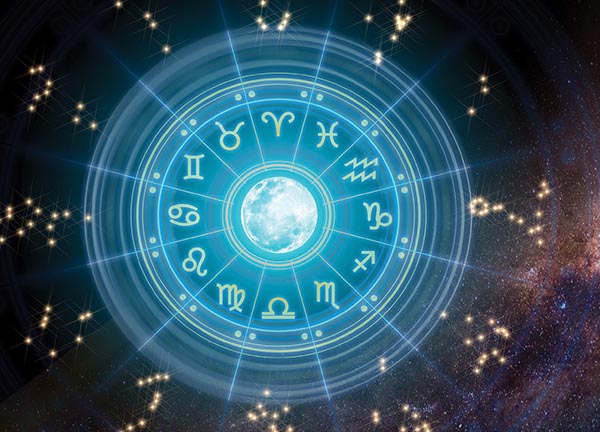
In today’s English lexicon, the words astronomy and astrology have very different meanings, but up until the 17th century these two words were synonymous. These words share common etymology from the Greek astron meaning star.
Tycho Brahe, perhaps the greatest astronomer of all time, devoted his life to the meticulous observations of the heavens, the cataloging of these observations for future calculations, and the creation of ever more accurate instruments of measurement, all before the invention of the telescope.
As court astrologer of first the Kingdom of Denmark and then the Holy Roman Empire, he was also expected to cast horoscopes of royals and nobles, and to use the stars to predict great events. He was as renown in his own time as much for predicting the deaths of the Russian Tsar and the Ottoman Sultan as for his discovery of supernovae.
Following in Tycho’s footsteps, today’s astronomer considers himself a scientist, an observer of the celestial spheres, and usually a mathematician as well, using calculations to extract meaning from observations.
Today’s astrologers, on the other hand, are not concerned with new observations, but instead use traditional tables to cast horoscopes to predict a person’s destiny.
I note that an astrologer will tell me that my sun sign is Virgo, but an astronomer will insist that the Sun was in the constellation Leo the day I was born. Both are correct, each in their own way.
Most astronomers have nothing but scorn for astrologers, and don’t hesitate to express it. They take every opportunity to brand their fellow star aficionados as frauds, charlatans, and just plain stupid.
This vitriol puzzles me. It seems to me that, however misguided you consider these folks to be, they are in fact your biggest fans. Stars, moons, planets; these hold equal fascination for the astronomer and the astrologer.
Astronomers are always trying to interest new recruits in pursuing their field. Why on earth (pardon the pun) would you strive so hard to alienate the very people who are most interested in your subject matter? Why rudely disparage them when you should, in fact, be gently educating them?
Come to think of it, the same applies to printers, mailers, and book manufacturers. When our cousins in marketing, publishing, education, and creative design overlook print in favor of digital media, what is the appropriate reaction?
We can scream, yell, stomp our feet, or pout. We can curse them for their ignorance. We know, of course, that print is more cost effective, more environmentally friendly, preferred by end-users and of greater aesthetic value…and we have the data to prove it.
 Rather than disparage our fellow communicators, we ought to gently educate them. Persistently, firmly but gently. Thus far, it seems to me, we’ve left the education component to others, such as trade associations, special interest groups and paper companies.
Rather than disparage our fellow communicators, we ought to gently educate them. Persistently, firmly but gently. Thus far, it seems to me, we’ve left the education component to others, such as trade associations, special interest groups and paper companies.
We need to refute false claims and promote the efficacy of print ourselves, one-on-one, at the individual and corporate level. We need to do it in our marketing materials, on sales calls, on our social media accounts, and at cocktail parties. Yes, I really do tout the value of print at birthday parties and barbecues.
Next time you hear someone say “no one reads anymore” or “nobody uses mail” take a deep breath, count to 10, and smile. Let the education begin.















Discussion
By Mark Vruno on Apr 12, 2024
Good read, Steve! Reminds me of how, in Europe, most printers also were publishers in the 19th century and before. In America, however, there seems always to have been a distinction between the two types of companies: father R.R. Donnelley (printer) and son R.H. Donnelley (publisher), for example.
By Steve Johnson on Apr 12, 2024
Printing and publishing were synonymous during most of the letterpress era. Some great works (such as Ben Franklin's Poor Richard's Almanac) were written and published merely to fill open press capacity.
Discussion
Only verified members can comment.